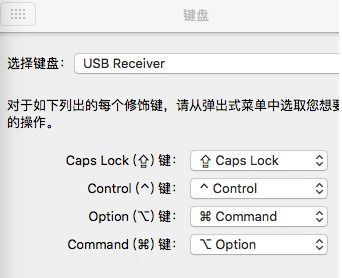BTC and QQQ Relationship: Understanding the Correlation Between Bitcoin and Nasdaq
In today\’s financial landscape, the correlation between Bitcoin (BTC) and QQQ, which tracks the performance of the Nasdaq-100 index, has garnered significant attention from investors and analysts alike. This article delves into the intricate relationship between these two assets, examining how they interact and what factors contribute to their correlation.
In today’s financial landscape, the correlation between Bitcoin (BTC) and QQQ, which tracks the performance of the Nasdaq-100 index, has garnered significant attention from investors and analysts alike. This article delves into the intricate relationship between these two assets, examining how they interact and what factors contribute to their correlation.

What is Bitcoin (BTC)?
Bitcoin, launched in 2
009, is a decentralized digital currency that operates without a central bank or single administrator. It allows transactions to be conducted peer-to-peer over the internet, making it accessible to individuals globally. BTC is often referred to as a “store of value,” akin to digital gold, and has gained popularity as a speculative investment asset.

Understanding QQQ
QQQ is an exchange-traded fund (ETF) that aims to track the performance of the Nasdaq-100 Index, which consists of 100 of the largest non-financial companies listed on the Nasdaq stock market. This ETF is heavily weighted towards technology companies, which makes it a primary choice for investors seeking growth in high-performing sectors.

Exploring the Correlation Between BTC and QQQ
The correlation between BTC and QQQ can fluctuate based on various market conditions. Typically, high correlation indicates that the two assets move in tandem; for example, when Nasdaq-100 stocks perform well, Bitcoin’s value may also increase, and vice versa. Investors often seek to understand this correlation to make informed trading decisions.
Factors Influencing BTC and QQQ Correlation
Several factors affect the correlation between BTC and QQQ:
- Market Sentiment: Positive news surrounding tech stocks can influence Bitcoin prices as retail investors may enter the market, seeking riskier assets.
- Macroeconomic Trends: Economic conditions, including interest rates and inflation, play a critical role in investor sentiment towards both traditional stocks and cryptocurrencies.
- Institutional Investment: The increasing participation of institutional investors in both Bitcoin and the tech sector may drive the correlation as they diversify their portfolios with both asset types.
Analyzing Historical Trends
Historical data shows periods of high correlation, particularly during market rallies or downturns. For instance, during the 2020–2021 bull market, both BTC and QQQ experienced remarkable growth, suggesting strong correlation. Conversely, in times of uncertainty and market correction, the assets may diverge, leading to lower correlation.
The Future of BTC and QQQ Correlation
As the financial landscape continues to evolve, the correlation between BTC and QQQ remains a key topic of interest. Investors need to continuously monitor economic indicators, policy changes, and market trends, as these will heavily influence the relationship between cryptocurrency and stock markets in the future.
In conclusion, the correlation between Bitcoin (BTC) and the Nasdaq-100 ETF (QQQ) is influenced by a plethora of factors including market sentiment, macroeconomic conditions, and institutional investment trends. Understanding this relationship can help investors strategize better in the dynamic landscape of digital assets and traditional stocks.




